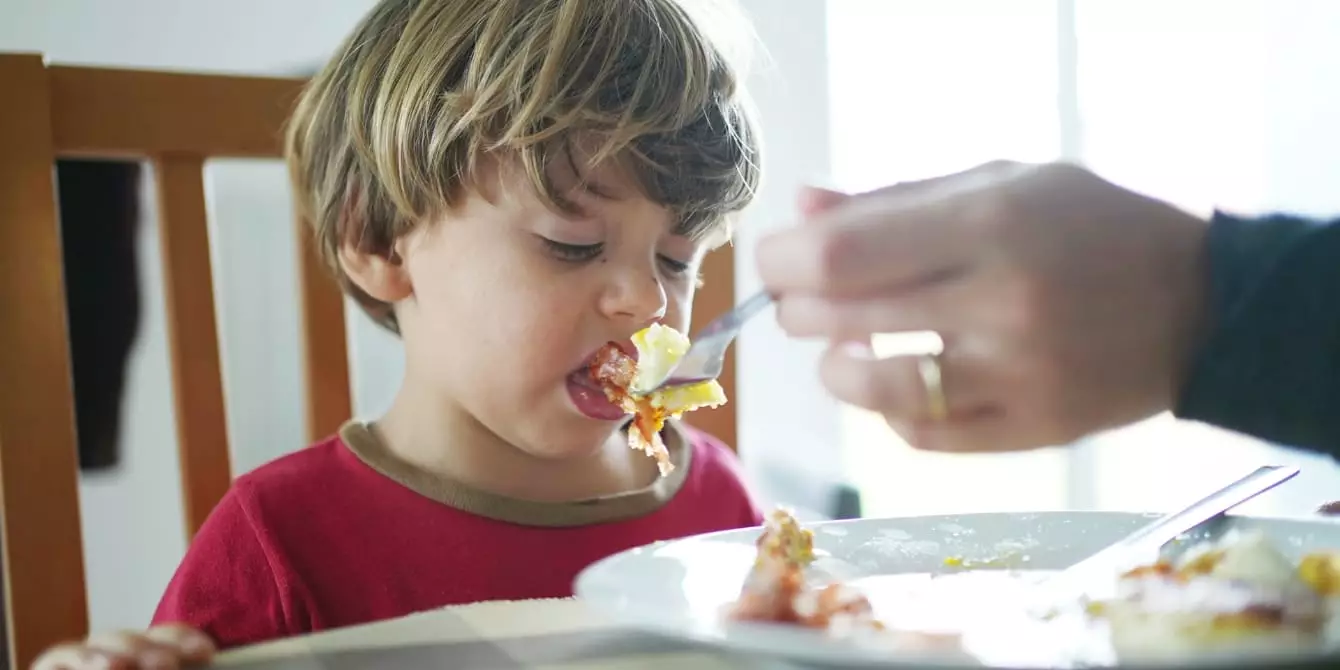As parents, we often cling to popular wisdom, hoping that age-old adages will guide us through the myriad challenges of raising a child. One such saying is, “When a child gets hungry enough, they’ll eat.” This mantra can feel like an unyielding truth, yet what happens when it just doesn’t hold water? For many parents, such as myself, we encounter the paradox of a child who seems immune to hunger, no matter how long meals are delayed. My own experience with my firstborn, whom I will refer to as Max, felt like a never-ending battle against a wall comprised of stubbornness and disinterest in food.
When Max was born, he was a perfectly average-sized baby, ranking in the 50th percentile for weight and height. However, by the time he became a toddler, those numbers had taken a concerning nosedive. The medical scales indicated a decline to below the 10th percentile for his weight, while my personal scale for parental anxiety soared past the 97th percentile. Despite an arsenal of advice on managing picky eaters—establishing routines, offering a variety of foods, and minimizing distractions—I found little success. My attempts became increasingly desperate, often leading to stressful power struggles at the dinner table.
The true tipping point arrived one night during dinner when I placed Max’s favorite fried rice in front of him. Given that he hadn’t eaten anything since lunch, I anticipated a ravenous response, but instead, I faced a child who seemed more interested in playing than eating. He playfully placed his feet on the table, engaged in antics with his meal, and ultimately left his plate untouched. My insistence on maintaining a semblance of structure only deteriorated into frustration for both of us.
Max’s playful defiance reached its climax when I offered him a muffin—his absolute favorite—on the condition that he take just one bite of rice first. In this moment, I realized my controlling approach may not yield the results I hoped for; instead of compelling him to eat, it was driving a wedge between us. The pre-parent me would have scoffed at the idea of feeding a child in front of a screen or allowing food to become entangled in play, yet I was at a crossroads: either continue down a stressful pathway or abandon my expectations and experiment with a more lenient approach.
In acknowledging the emotional weight of my expectations, I began to reassess the rigid rules I had constructed around food. I had held onto the belief that family dinners were essential, yet my core objective—ensuring my children received adequate nutrition—was being overshadowed by these self-imposed mandates. Consequently, I decided to try feeding Max while watching TV, breaking the mold of the formal dining experience.
Max’s younger sibling was adept at multitasking between eating and entertainment, but my older son needed a more hands-on approach. With every intention of minimizing power struggles, I adapted my strategy. I would spoon-feed him during sitcoms or take the time to pause his favorite show until he took a bite. On other occasions, I would follow him around while he explored outside, blending nutritious meals into easy-to-consume forms, effectively eliminating high-pressure scenarios.
Initially, my experimental approach felt unnatural and counterproductive. However, with time, something remarkable began to occur. Max started to eat more willingly and became gradually less resistant to trying new foods. By embracing a mindset of flexibility, I nurtured an environment that fostered healthier eating habits without turning mealtimes into a battlefield.
One evening, everything changed with an unexpected conversation. Max approached me with a glimmer in his eyes and a creative thought: “Mama, I have a good idea. You give me an ice block, and then you pretend to be a puppy. I can drop some ice on the floor, and you can lick it up.” Rather than dismissing his playful suggestion, I turned it around, saying, “How about you act like a puppy, and you can eat your dinner out of my hand?” To my delight, he complied, sat down, and began to eat.
This playful interaction epitomized a pivotal shift in our dynamic. By relinquishing my preconceptions of how meals should look and allowing room for creativity, I not only facilitated better eating habits in Max but also helped eliminate the tension that had overshadowed our dining experiences. Through this journey, I learned that sometimes the most transformative parenting moments come from subverting traditional expectations and embracing joy and flexibility. The result was a healthier barometer of success measured not just in food intake but in the overall relationship we developed to better navigate the challenges of growing up.

